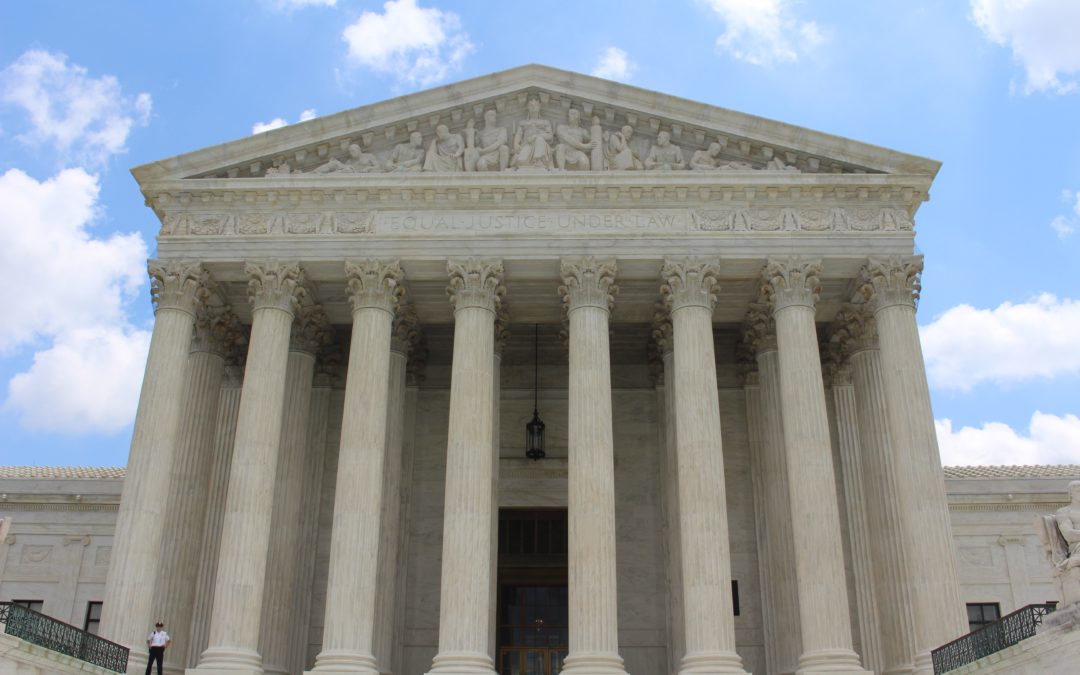Welcome to This Week in Civil Rights and Civil Liberties. A high-profile challenge to race-conscious affirmative action was heard by the Supreme Court, voter intimidation was blocked in Arizona, New York City settled a wrongful conviction suit, and more.
The Supreme Court heard oral arguments on the fate of race-conscious affirmative action. On Monday, Students for Fair Admission asked the Court to overturn decades-old precedents upholding race-conscious affirmative action programs designed to foster educational diversity. The organization is headed by Ed Blum, who led the unsuccessful challenge to affirmative action in Fisher v. University of Texas (2016) and the successful challenge to the Voting Rights Act of 1965 in Shelby County v. Holder (2013). The Court is expected to invalidate race-conscious affirmative action in college admissions by the end of its term next June.
A federal district court issued an order to block unlawful voter intimidation at ballot drop boxes in Arizona. The order bars defendants from confronting, photographing, and doxing voters, as well as carrying guns and wearing body armor near ballot drop boxes. The suit was brought on behalf of the League of Women Voters of Arizona under provisions of the Voting Rights Act of 1965 and the Ku Klux Klan Act of 1871.
The Department of Justice secured a settlement with Giant Food over immigration-related discrimination. Claims were made against Giant Food for discriminating against non-U.S. citizen workers by demanding specific types of verification when checking workers’ permission to work in the United States, in violation of the Immigration and Nationality Act. The settlement requires Giant Foods to “pay a civil penalty to the United States, train staff on the INA’s anti-discrimination provision, review and revise their employment policies and be subject to departmental monitoring for a three-year period.”
New York City agreed to pay $26 million in wrongful conviction suits related to the assassination of Malcolm X. In 2021, a judge threw out the convictions of Muhammad A. Aziz and Khalil Islam due to a “serious miscarriages of justice.” New York City settled the lawsuits brought by both men, who “spent more than 20 years in prison after their hasty arrests and a trial that relied on questionable evidence in one of the most notorious murders of the civil rights era.”
The Parkland mass shooter was sentenced to 34 life sentences in prison. Last year, the gunman pled guilty to the premeditated murder of 17 people and the attempted murder of 17 others last year. After a jury recommended a life-sentence instead of the death penalty, a two-day sentencing hearing was held this week. A judge sentenced the gunman to 34 consecutive life terms in prison, one for each of the 17 people he killed and the 17 people he injured.

